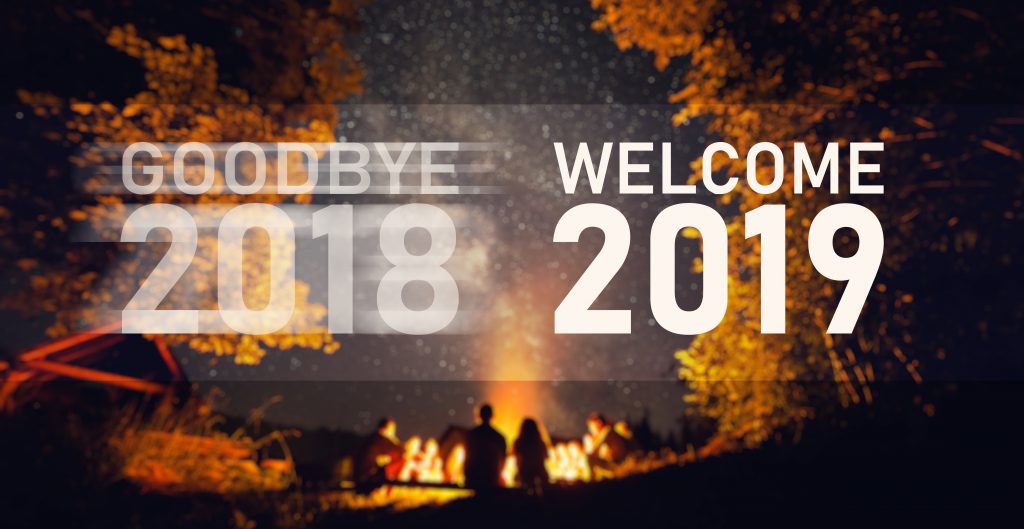Change is easier when we don’t miss the “burning bush” moments.

I wouldn’t mind a “burning bush” moment, but who am I? And who talks like that? I mean, besides Moses.
The other day, a Jedi friend (Vid) invited/dared a group of us to notice our way of paying attention — challenging us to really focus on the quality of our attention so that we don’t miss the reveal/the messages about our mission for next year, our calling for the next 10 years, or our purpose for the rest of our lives.
It is very easy to miss…we’re all so busy.
He went on to explain how it was actually the quality of Moses’ attention that allowed him (Moses) to notice the uniqueness of the burning bush, which then caused him to take interest and dared him to draw near. With a little more care, curiosity and concern, he became “exquisitely present” and therefore ready to learn about the new master plan that was in store for him.
I wonder how many burning bushes I continuously walk right past when the quality of my attention is compromised or because I’m not really even looking for it. We certainly can’t find what we’re not looking for. If the quality of my attention is not deliberately, exquisitely, evermore present, I’m likely to just keep missing it. Am I missing it on purpose? Maybe I’m not really open to a new master plan after all. Maybe I’m unconsciously just fine settling for the old reliable “Plan A” (keeping the status quo in place), delivering my current level performance. Maybe my strategy is to change very little and just keep hoping for the best. Maybe I’m not ready for the Red Sea moments that follow the burning bush moments.
“I sure hope 2019 is better than 2018,” a friend blurted out to me in passing.
“So what are you going to do differently in 2019 to make sure that it is better?” I responded to her question with a question, knowing all along that it was really directed inward, at myself. Then I kind of got in her face (my own face) and said, “Let’s get specific. Let’s build your 2019 plan.” I think this kind of annual year-end recap/reflection and next year/next level planning exercise (see questions below) is the closest I’m going to get to a burning bush experience. I’m no Moses. For a clear, actionable plan to be revealed, I have to slow down, take my shoes off, pay attention and draw near.
Only a very small percent of the population have clear goals/priorities let alone write them down. Yet when we do write them down, we are exponentially more successful at achieving our next level goals/priorities.
This post is an invitation to myself and others to slow down, take interest and dare to draw near. Let’s spark our own pseudo-burning bush moment. Use this list of reflection-provoking, planning questions below. Modify them, make them your own, or use a different list of questions to capture your thinking for an increased likelihood of success in 2019.
We don’t want to miss the burning bush moments. We want to draw near in order to be sent out more effectively — maybe even to become a burning bush ourselves.
2018 Current Year/Current Level Reflection and 2019 Next Year/Next Level Planning
2018 Current Year/Current Level Reflection
POSITIVE:
- What did I love most about 2018? When was I happiest?
- What am I most grateful for from 2018?
- Which three moments were most meaningful?
AUTHENTIC/PURPOSEFUL:
- Where did I really use my strengths?
- How did I live out my values/purpose?
DISAPPOINTMENTS/LEARNINGS:
- What were my biggest disappointments? …frustrations? …failures?
- What were my biggest inconsistencies with my values/purpose/priorities?
- What still makes me feel angry? …sad? …anxious? …scared?
- What is the most honest thing I can say about my disappointments?
- What is the most compassionate thing I could say to myself about my disappointments? (reframing)
MOMENTUM
- What momentum did I start to build in 2018 that I want to take forward?
2019 Next Year/Next Level Planning
(A more complex spreadsheet template is available upon request for those interested.)
- What do I love to do that I want to do more of in 2019?
- What core values are most inspiring to me?
- What priorities do I want to focus on in 2019?
- What would be most inspiring for me to accomplish in 2019?
- What would be my heart’s desire or biggest dream?

